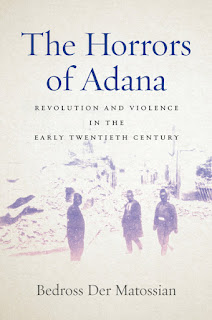 New from Columbia University Press: The Struggle to Stay: Why Single Evangelical Women Are Leaving the Church by Katie Gaddini.
New from Columbia University Press: The Struggle to Stay: Why Single Evangelical Women Are Leaving the Church by Katie Gaddini.
About the book, from the publisher:
Evangelical Christianity is often thought of as oppressive to women. The #MeToo era, when many women hit a breaking point with rampant sexism, has also reached evangelical communities. Yet more than thirty million women in the United States still identify as evangelical. Why do so many women remain in male-dominated churches that marginalize them, and why do others leave? In each case, what does this cost them?Visit Katie Gaddini's website.
The Struggle to Stay is an intimate and insightful portrait of single women’s experiences in evangelical churches. Drawing on unprecedented access to churches in the United States and the United Kingdom, Katie Gaddini relates the struggles of four women, interwoven with her own story of leaving behind a devout faith. She connects these personal narratives with rigorous analysis of Christianity and politics in both countries, and contextualizes them through interviews with more than fifty other evangelical women. Gaddini grapples with the complexities of obedience and resistance for women within a patriarchal religion against the backdrop of a culture war. Her exploration of how women choose to leave or remain in environments that constrain them is nuanced and personal, telling powerful stories of faith, community, isolation, and loss. Bringing together meticulous research and deep empathy, The Struggle to Stay provides a revelatory account of the private burdens that evangelical women bear.
--Marshal Zeringue































